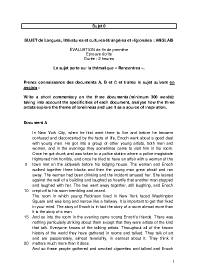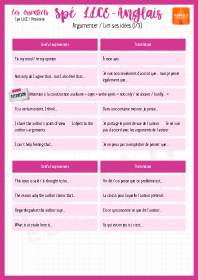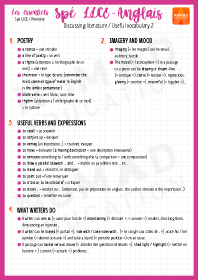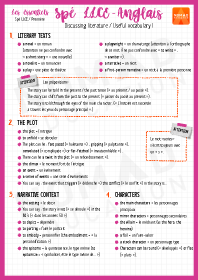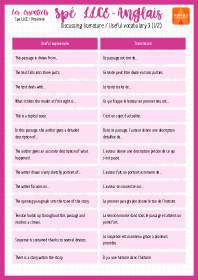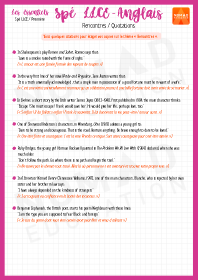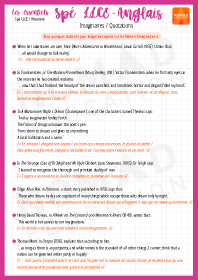In her book Autobiography (2001), Linda Anderson defines an autobiography as "a public exposure of the private self". Written in the first person, an autobiography tells the story of the writer. In their book, The Voice Within (1973), R. Porter and H.R. Wolf underline that "Truth is a highly subjective matter and no autobiographer can represent exactly what happened back then". Many writers have written about their lives and autobiography has become a genre in itself.
Memoirs are usually written by politicians or historical figures, like Churchill's Memoirs of the Second World War (1996). Churchill was Prime Minister from 1940 to 1945 and from 1951 to 1955. He won the Nobel Prize in literature in 1953 for his "mastery of historical and biographical description".
Diaries and journals also give readers an insight into writers' and artists' lives. In the foreword to Sylvia Plath's Journals (1982), the British poet Ted Hughes writes about his late wife "This is her autobiography, far from complete, but complex and accurate, where she strove to see herself honestly…"
Of course, autobiographies can be fictional too. They are written as if the fictional character was giving an account of his or her own life. Jane Eyre (1847) by Charlotte Brontë was originally published as Jane Eyre, an Autobiography.
Most painters have also immortalised themselves in self-portraits. For six weeks in the autumn of 1983, British painter David Hockney made a series of self-portraits. Art historian Marco Livingstone says "What I value above all in these drawings is Hockney's … readiness to depict himself with … honesty and … forthrightness…". Among American painter Edward Hopper's self-portraits the one he did in 1925-30 is undoubtedly the most famous one : dressed in a suit and tie with a hat on, he looks more like an office worker than an artist.

